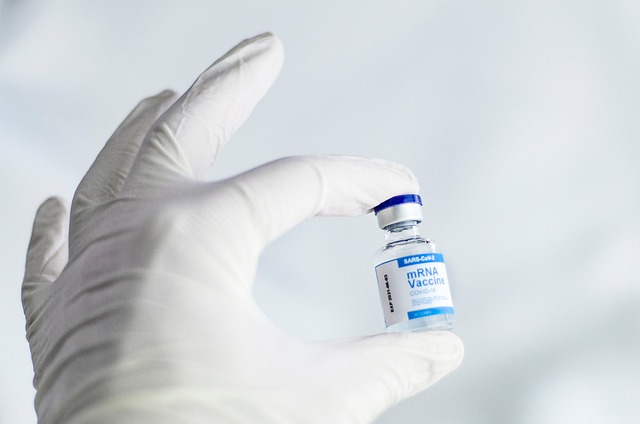
Vaccines Given At Birth
Introduction
Vaccination is a crucial aspect of public health, particularly for newborns. Vaccines given at birth play a significant role in protecting infants from various infectious diseases. Understanding which vaccines are administered at this early stage, their importance, and the recommended schedule can help parents make informed decisions about their child's health.
Vaccines Administered at Birth
In the United States, there are specific vaccines that are recommended for newborns shortly after birth. These vaccines are designed to provide immediate protection against serious diseases.
- Hepatitis B Vaccine (HBV): The first dose of the hepatitis B vaccine is typically given within 24 hours of birth. This vaccine protects against hepatitis B virus, which can lead to chronic liver disease and liver cancer.
- Vitamin K Injection: While not a vaccine, the vitamin K injection is often administered at birth to prevent bleeding disorders. Newborns are at risk for vitamin K deficiency, which can lead to serious health issues.
Importance of Early Vaccination
Administering vaccines at birth is essential for several reasons:
- Immediate Protection: Newborns have immature immune systems, making them vulnerable to infections. Early vaccination helps provide immediate protection against certain diseases.
- Community Immunity: Vaccinating newborns contributes to herd immunity, which protects those who cannot be vaccinated due to medical reasons.
- Long-term Health: Early vaccination helps establish a foundation for a child's immune system, reducing the risk of severe illness later in life.
Recommended Vaccination Schedule
The vaccination schedule is designed to ensure that children receive vaccines at the appropriate times. After the initial vaccines given at birth, additional doses are scheduled throughout infancy and childhood. Here is a brief overview:
- 2 Months: DTaP, IPV, Hib, PCV13, and RV vaccines are typically administered.
- 4 Months: A second dose of DTaP, IPV, Hib, PCV13, and RV vaccines is given.
- 6 Months: A third dose of DTaP, IPV, Hib, and RV vaccines is usually scheduled, along with the PCV13 vaccine.
- 12-15 Months: The MMR and varicella vaccines are introduced, along with a booster dose of Hib and PCV13.
Addressing Concerns About Vaccination
Some parents may have concerns about the safety of vaccines, particularly regarding the number of vaccines given at once. It is important to note that:
- Safety Studies: Vaccines undergo rigorous testing for safety and efficacy before being approved for use.
- Monitoring Adverse Events: The Vaccine Adverse Event Reporting System (VAERS) monitors any adverse events following vaccination, ensuring ongoing safety oversight.
Conclusion
Vaccines given at birth are a critical component of a child's health care. They provide essential protection against serious diseases and contribute to the overall health of the community. Parents are encouraged to consult with their healthcare providers to ensure their children are vaccinated according to the recommended schedule.

















 XRP Price Analysis: December 14
XRP Price Analysis: December 14 
 Health
Health  Fitness
Fitness  Lifestyle
Lifestyle  Tech
Tech  Travel
Travel  Food
Food  Education
Education  Parenting
Parenting  Career & Work
Career & Work  Hobbies
Hobbies  Wellness
Wellness  Beauty
Beauty  Cars
Cars  Art
Art  Science
Science  Culture
Culture  Books
Books  Music
Music  Movies
Movies  Gaming
Gaming  Sports
Sports  Nature
Nature  Home & Garden
Home & Garden  Business & Finance
Business & Finance  Relationships
Relationships  Pets
Pets  Shopping
Shopping  Mindset & Inspiration
Mindset & Inspiration  Environment
Environment  Gadgets
Gadgets  Politics
Politics 